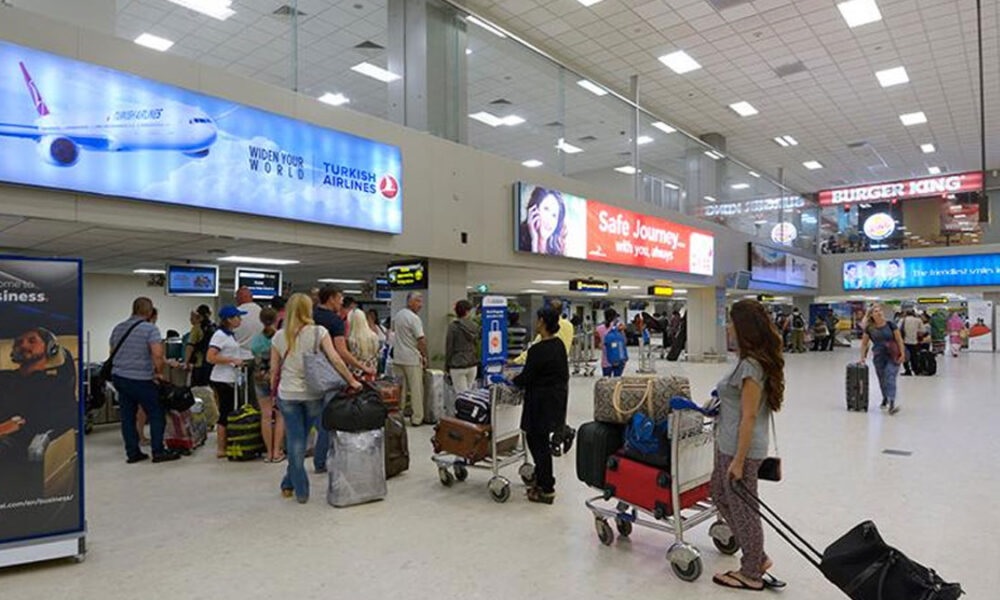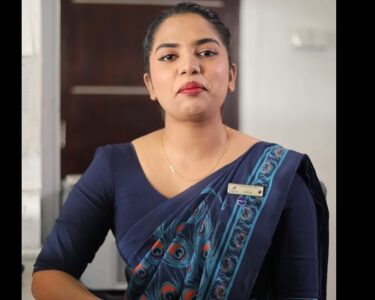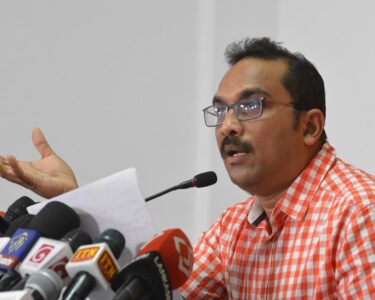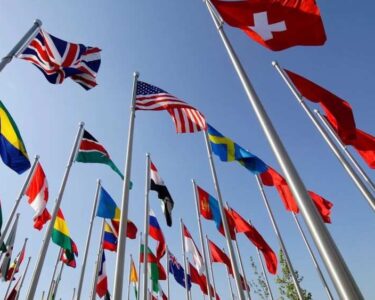The Sri Lankan travel industry has escalated its concerns over the new visa processing system to the Supreme Court, seeking redress for issues that have caused widespread confusion among tourists.
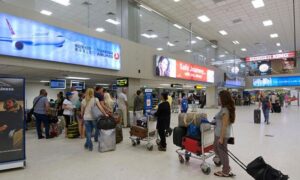
The industry reports that tourism arrivals had previously seen a significant uptick, surpassing 2015 figures for the first time in years in November of the previous year. By January 2024, arrivals had exceeded both 2015 and 2016 levels. However, following the introduction of the VFS Global Visa system in mid-April 2024, a sharp decline in arrivals was observed. By the end of May and June, figures had dropped below 2017 and 2015 levels, respectively.
Despite numerous discussions with authorities about the negative impact of this complex visa system, no effective solution has been provided. The Sri Lanka Association of Inbound Tour Operators (SLAITO), the Hotels Association of Sri Lanka (THASL), the Association of Small and Medium Enterprises in Tourism, the Sri Lanka Association of Professional Conference Exhibition Organizers, the Ceylon Hotel School Graduates Association, and the Tourism Alliance, with support from the Travel Agents Association of Sri Lanka, have filed a Fundamental Rights Petition (SCFR 218/2024). They challenge the new visa process, which was introduced without prior notice in April 2024, resulting in significant disruption for tourists.
Simple and User Friendly
The previous visa system was noted for its simplicity, user-friendliness, and regional acclaim. However, the current system is criticized for its complexity, requiring around 30 questions from applicants compared to the previous 10-11. Tourists logging into the Sri Lankan Immigration Department’s website are redirected to the VFS Global site, where they face confusing queries about their travel destinations.
This cumbersome process is deterring potential visitors to Sri Lanka, according to SLAITO President Nishad Wijetunga. He also pointed out that despite free visa provisions for seven countries, travelers are still being charged a processing fee of USD 10.
THASL President M. Shanthikumar highlighted the severe impact of the new system on the industry, noting a decline in arrivals and particular difficulties faced by Indian travelers based on their feedback. The introduction of hidden charges has made the visa process more expensive and the website less user-friendly, exacerbating the issue further.



